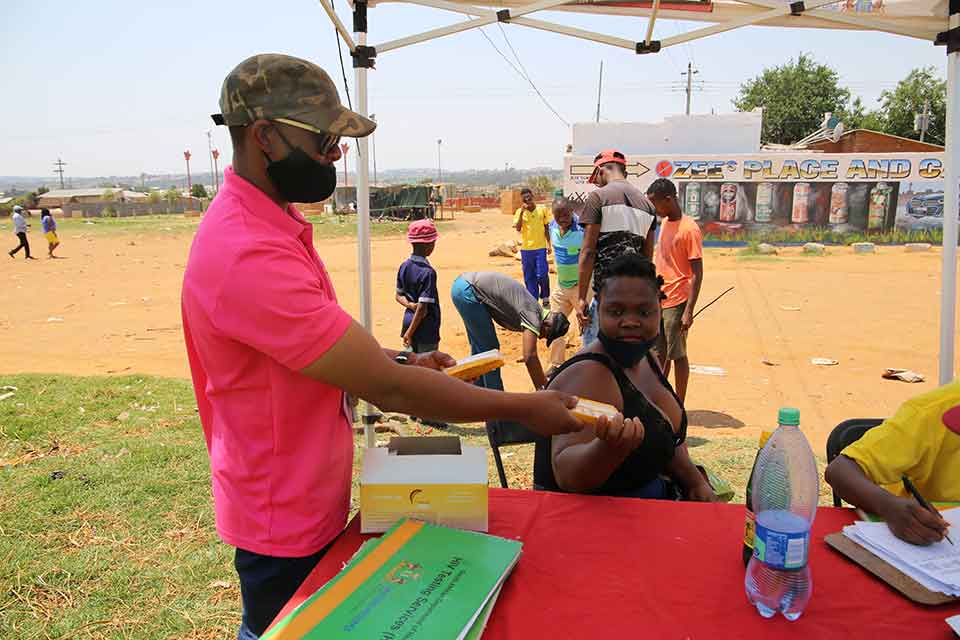Today as we commemorate World Malaria Day, beaming with an abundance of pride, we share our impact results of our malaria elimination efforts for the 2021/22 period.
Our results, goals and ambitions align with the global theme for world malaria day;
advance equity, build resilience, end malaria
Just like the beat of the African drum, our malaria interventions have been varied and dynamic, the pumping, beating heart of the rhythm echoing the collective sound of over
3 000 boots-on-the-ground.
As with 2020 and 2021, COVID upped the tempo, with our teams adapting with each step resulting in unprecedented strides in our fight against malaria. This achievement we share with you, our partners and friends, this is as much your victory as it is ours as together, we have achieved significant impact in the lives of many.
Year on year we have seen the programme expand significantly, with this past year being no exception; our integrated vector management was conducted in a total of 22 districts in 3 provinces in Southern Mozambique, with an additional 8 mobile surveillance units positioned at eastern border regions of South Africa.
Malaria knows no borders...
Together with our implementing partners, Humana People to People South Africa, we operate eight mobile surveillance units, positioned at key border post areas and surrounding communities. The objective of these units is to test and treat all malaria cases in these vulnerable communities including the mobile migrant populations through active surveillance on the borders of Eswatini and Mozambique, ensuring the immediate treatment of positive cases thus preventing further transmission.
Each mobile surveillance unit is made up of a team including; a nurse, an environmental health practitioner and two community health workers.

Due to the mobility of these units, they offer the unique value of being able to quickly adapt to evolving patterns in movement of cross-border commuters as well as providing access to rural communities that have previously experienced limited access. Due to the similarities between COVID-19 and malaria, the units have been able to further support the South African National Department of Health by simultaneously screening for COVID-19, further enhancing the value of the service during the pandemic.
During the January 2020 – February 2022 period, 209 616 test were conducted. Positive cases were investigated and treated immediately with anti-malarial treatment. Notably, 1 212 asymptomatic cases were detected. Detection of asymptomatic cases is vital in reducing the parasite reservoir; an important objective of sustainable malaria elimination.
Goodbye Malaria is ready to fight malaria smarter, we will continue to fight for what counts as our collective desire to eliminate malaria becomes a rhythm that beats within all of us.




